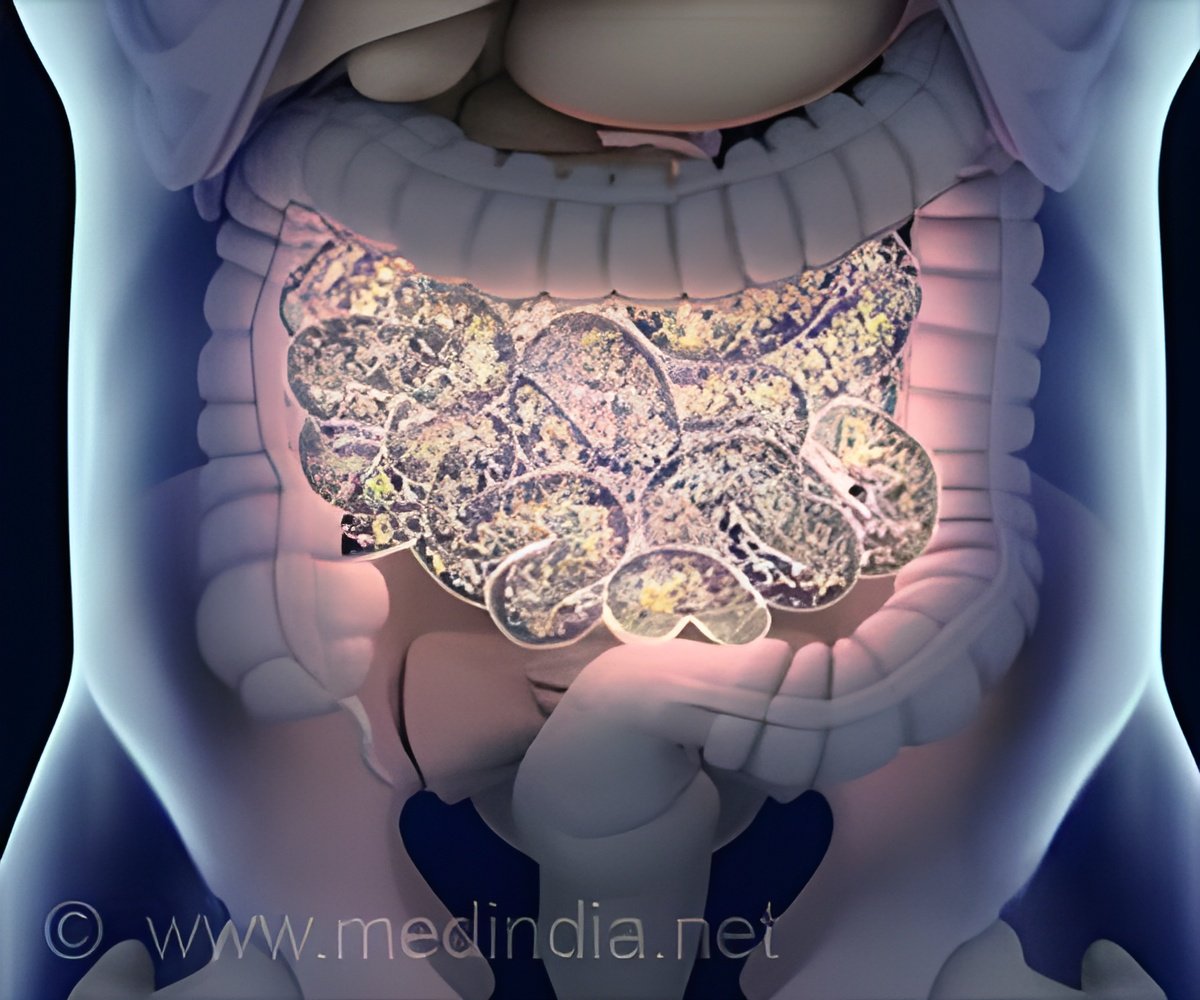ISX, a protein molecule turns on and off genes involved in the pathway based on beta-carotene availability.

‘Vitamin A homeostasis in the body regulated by the ISX protein can influence the onset of inflammatory diseases such as Crohn's disease and inflammatory bowel syndromes.’





Beta-carotene forms vitamin A in the small intestine. From there, the majority of vitamin A is transported to other tissues to support healthy vision and other functions. Some vitamin A is also used to produce a growth factor for immune cells in the gut. By studying mice genetically modified to lack ISX, the researchers found ISX helps the body balance this process. The study showed ISX turns on and off genes involved in the pathway based on beta-carotene availability. The protein helps the small intestine shuttle in the right amount of beta-carotene for the body's vitamin A needs, similar to a gatekeeper at a drawbridge. Nearby immune cells rely on this control mechanism to properly respond to foods entering the small intestine.
This maintains an effective barrier against potential foodborne threats. The researchers found that when ISX is absent, immune cells in the small intestine can overreact to beta-carotene-rich diets. Their findings suggest ISX is a key mediator between diet and gut immunity.
Johannes von Lintig, PhD, associate professor of pharmacology at Case Western Reserve School of Medicine, led the study alongside colleagues from the department of pharmacology and the department of molecular biology and microbiology.
"Vitamin A exists in the diet as beta-carotene, which is enzymatically converted by cells lining the intestine. The content of beta-carotene in natural foods is variable and subject to seasonal fluctuations," said Ni Made Airanthi (Ila) Widjaja-Adhi, PhD, lead author of the study. "We describe in this study a mechanism for coping with this fluctuation, to maintain immunity at the intestinal barrier."
Advertisement
This caused localized swelling--inflammation--as immune cells flooded the area and reproduced. Such severe inflammation made mice lacking ISX immunocompromised, and the inflammation spread to the nearby pancreas.
The study positions ISX at an important control point in vitamin A metabolism. According to von Lintig, ISX may also drive the crosstalk between diet and gut immunity in humans.
"Genetic mutations in the ISX gene have been associated with inflammatory disorders such as Crohn's disease. A better understanding of the molecular factors that control gut immunity will aid the development of nutritional intervention strategies to improve health."
Source-Eurekalert















